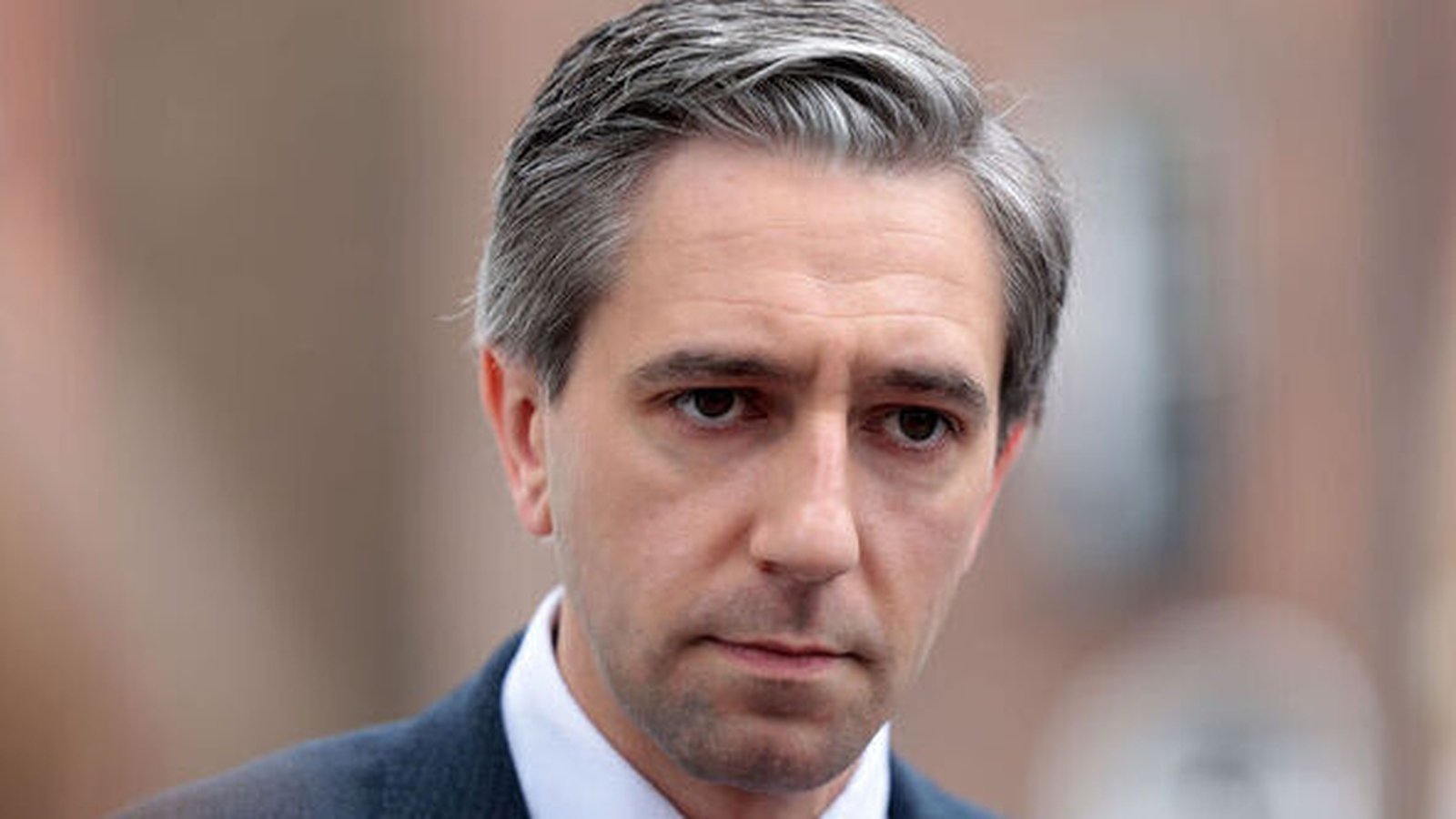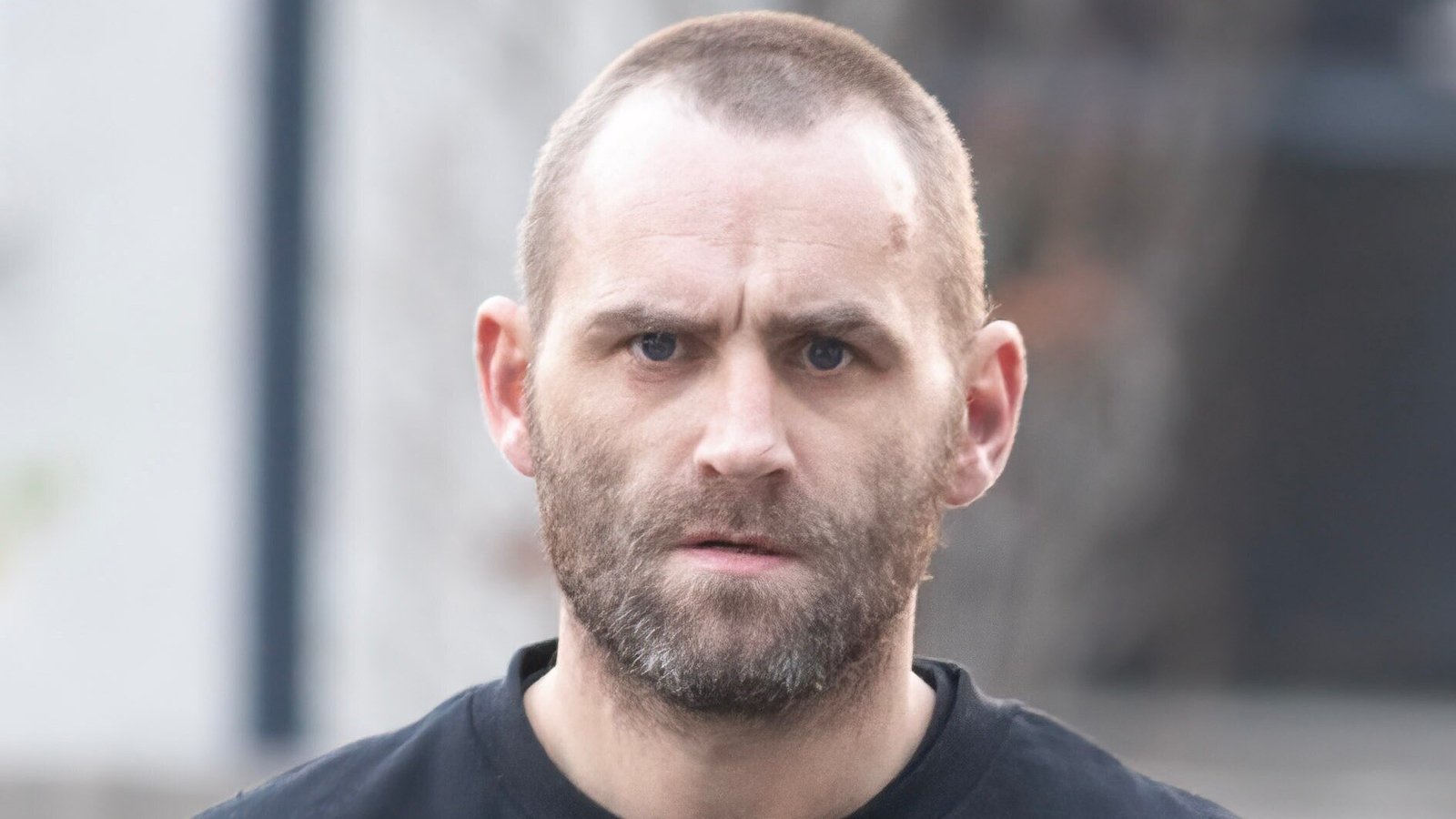UL research aims to change management of concussion
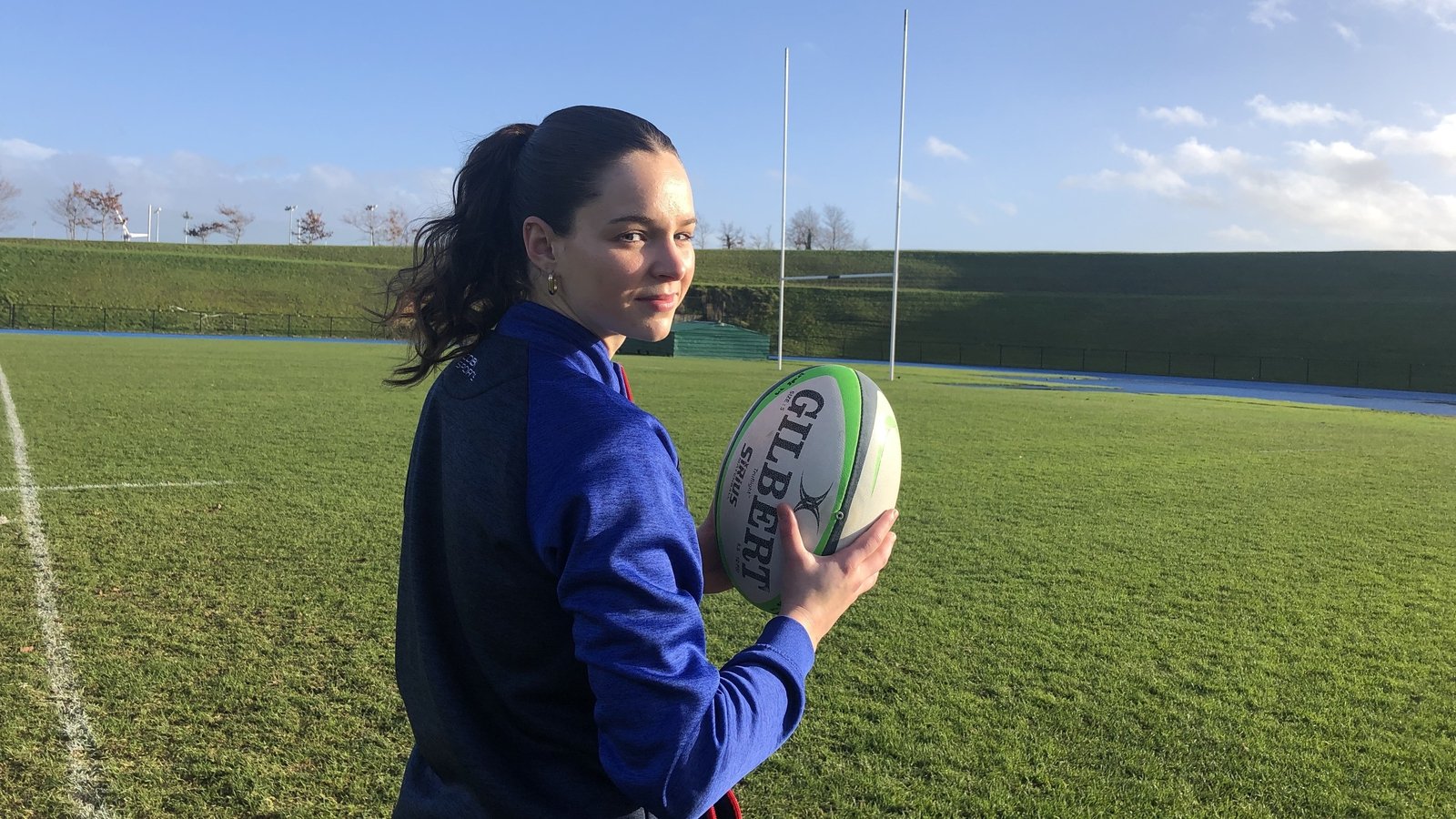
Data gathered by researchers at the University of Limerick on the type and frequency of injuries in schools and amateur club rugby games are helping to change the way concussion is managed and treated.
The team at the Sport and Human performance research centre have now formed a partnership with the University of Pittsburgh and sports medicine company UPMC to improve their collective knowledge, and to advance more effective better treatments of the frequent head injury, in one of the world’s most popular sports.
Dr Tom Comyns, who is associate professor of human movement and science, along with his colleague Professor Ian Kenny, have been looking at the type and frequency of injuries in schools rugby and women and men’s amateur rugby since 2016, as part of a major study entitled ‘The Irish Rugby Injury Surveillance Project’.
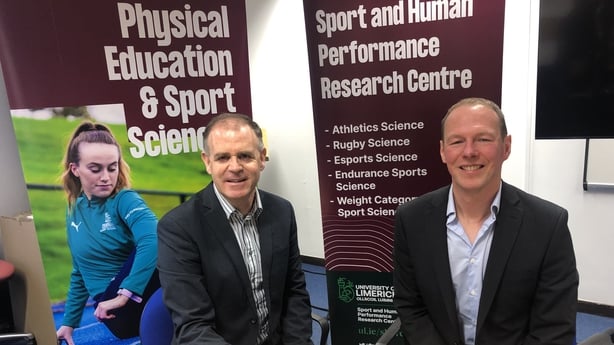
“We’ve been examining the nature and type of injuries that are happening in the domestic game and from that, acting on that data and the interventions we can bring about to reduce and eventually prevent these injuries,” he said.
Their data show that concussion is a common injury among All Ireland amateur league players – at 13% – and usually results in a 27-day absence from rugby matches or training – while concussion levels were at 14% for senior schools level, followed closely by ankle and shoulder sprains at 13% and 12% respectively.
“The IRFU who are funding our research along with world rugby are watching our research closely and acting on it. We’ve seen a change in the tackle height or the belly tackle which is a tackle below the sternum to separate the ball carrier and the tackler,” Dr Comyns said.
“We’re continuing our research work up to 2030 so we’ll be using our data to assess if this change in the law is resulting in a drop in these injury levels, but potentially if player tackles are separated, they are less likely to have a head on collision and so less likely to have a concussion,” he added.
They are now collaborating with the University of Pittsburgh and with international sports medicine company UPMC, also based in Pennsylvania, to expand on their work, in which they will look further into the symptoms of concussion, the length of recovery and the treatment advice given to players.
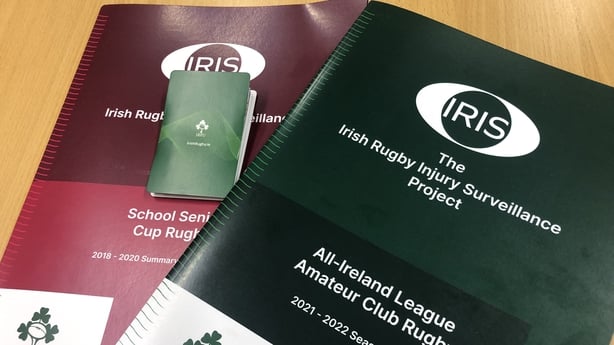
Fellow academic Dr Anthony Kontas based at the University of Pittsburgh, who is regarded as one of the internationally renowned experts in sport-related concussions, says international best practice in the treatment of concussion is now changing to get the patient involved in some light intensity exercise as soon as possible as part of that recovery.
“It used to be in the past based around rest. The evidence emerging now is that individualised or bespoke treatment plans are working more effectively than treating all concussion injuries in the same way. And that some low impact sports activity early on after the injury is beneficial.
“So patient specific treatments around what impairments they have and what they are experiencing is proving to be a more efficient and effective treatment model, as opposed to mistreatment, which will only see them returning to their medical advisor repeatedly, and is much more costly in the long term.”
All of these developments are very welcome news for 20-year-old UL intermediate team player Ella Morrison, from Ballina in Co Mayo, who is studying Business and German at UL.
She suffered a debilitating concussion last year, which has had a big impact on her health and quality of life.
“My concussion was graded severe, so I suffered amnesia, dizziness, nausea. It has also affected my concentration as I have a trigger spot on the back of my head so if I overindulge in sport I can feel unwell, so I’m dealing with long-term health effects,” she said.
She added: “I’m really interested to hear of the work being done here at UL, and looking forward to better outcomes for this type of injury because I really love my rugby.
“But yes, protocols are definitely changing and as soon as there is any type of head injury, my teammates are off the pitch immediately. It’s only right, as it’s just not worth it,” she said.



